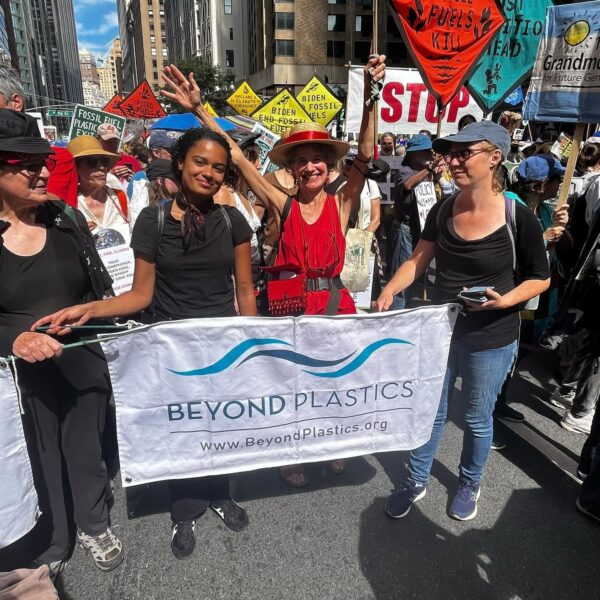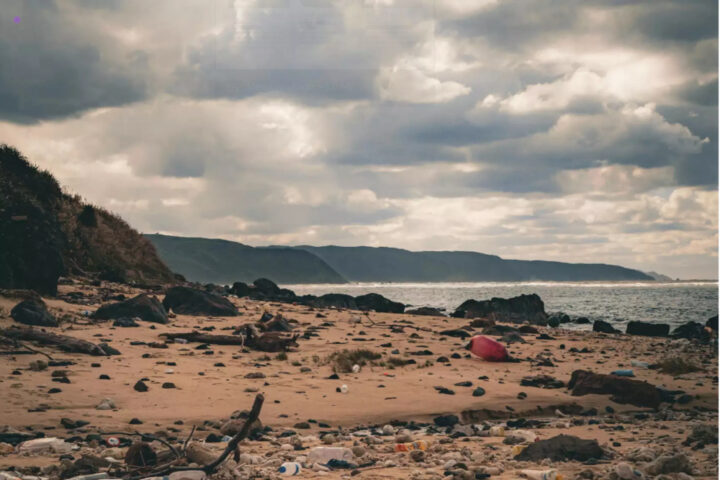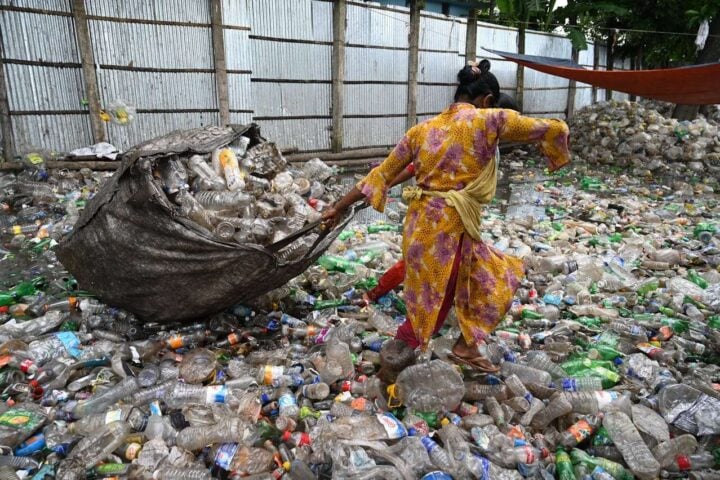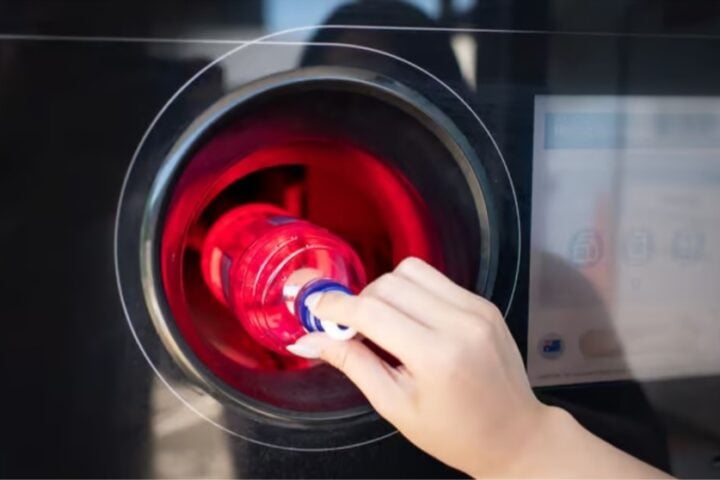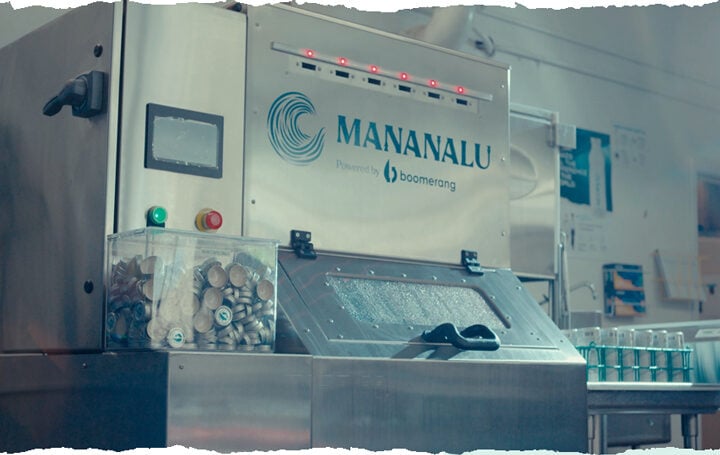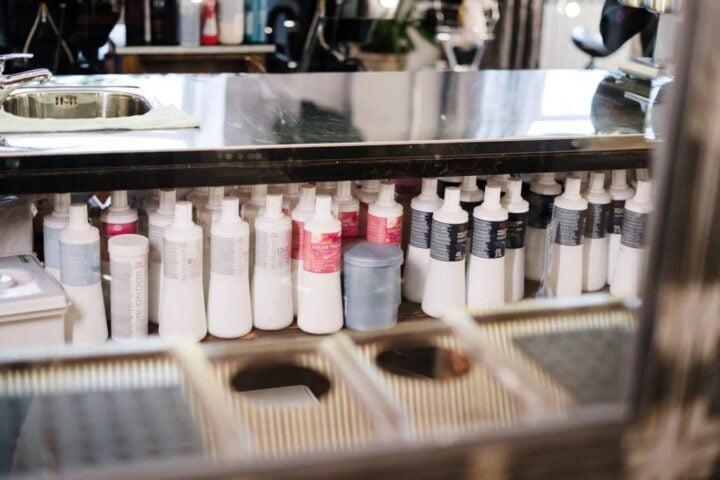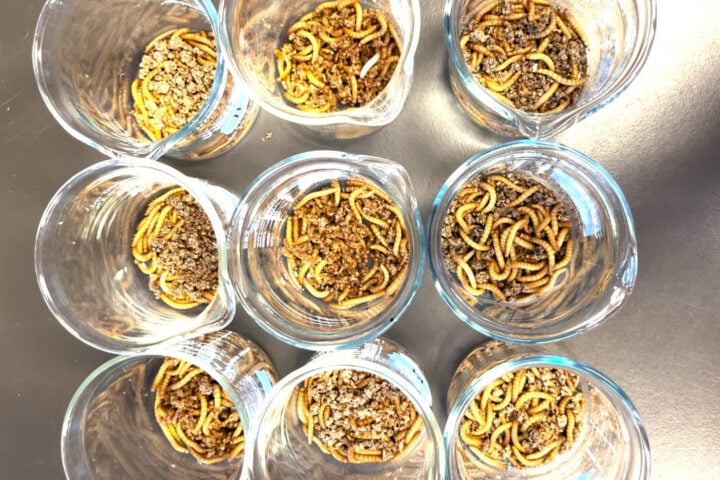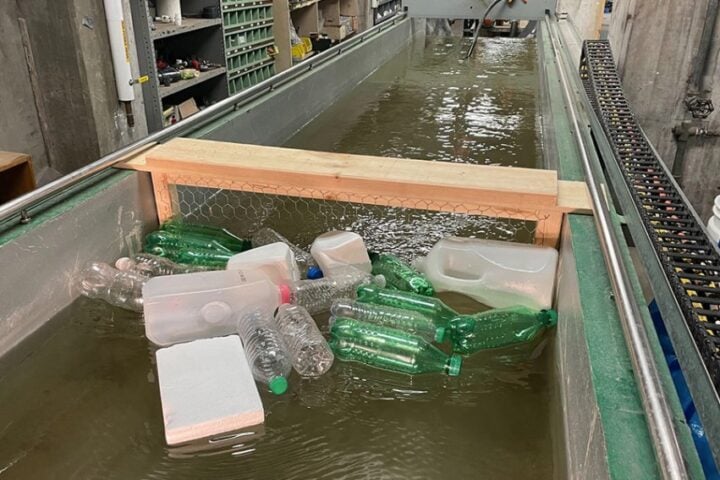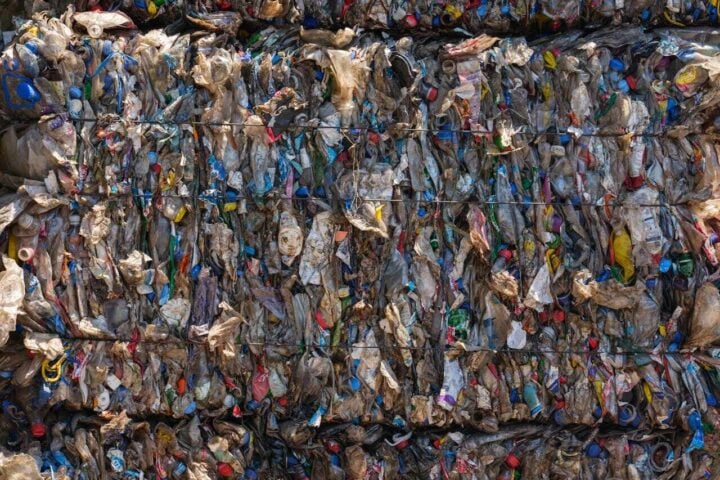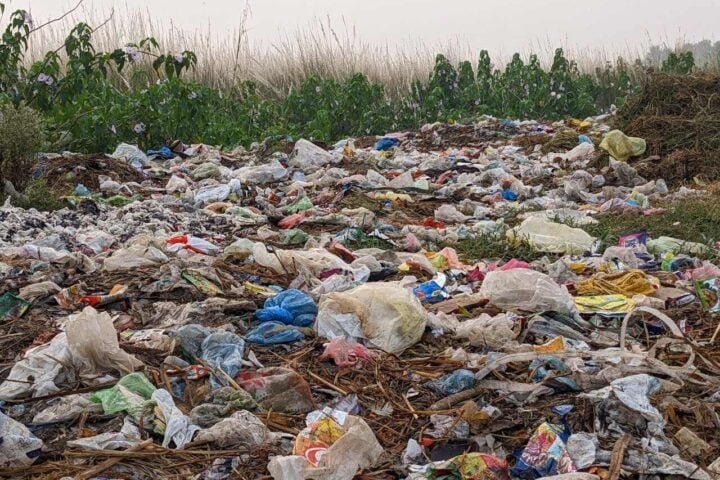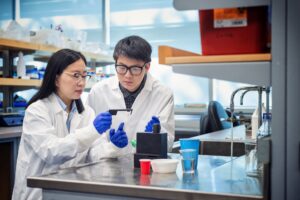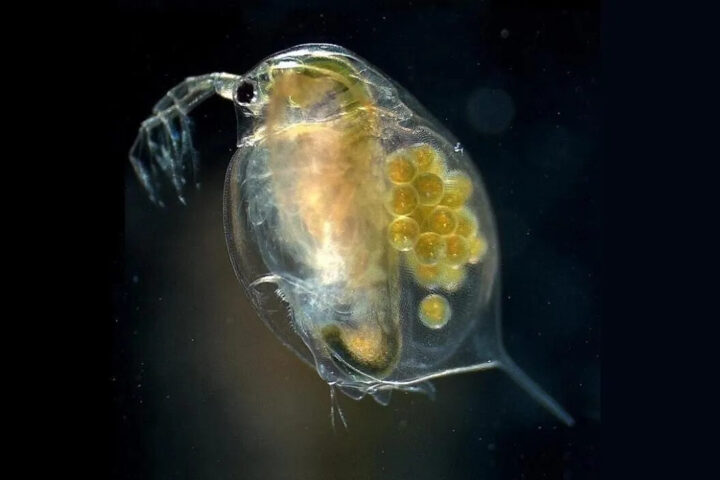In today’s world, where convenience and innovation reign, plastic has become an integral part of our lives. Its versatility and durability have revolutionized industries and simplified our daily routines. However, the escalating issue of plastic waste unveils a stark reality: we are amidst an environmental crisis of unprecedented scale. Amidst this urgency, Beyond Plastic emerges as a beacon of hope. This volunteer-driven group is dedicated to environmental advocacy and change, launching robust campaigns to confront plastic pollution head-on.
Beyond Plastic recognizes the transformative power of an informed public. Their mission is to dispel myths about plastic, illuminating its detrimental effects on our planet. Through extensive education campaigns, they have equipped the public with essential knowledge about plastics’ life cycle, the role of environmental pollution, and the urgency of action. Beyond Plastic’s approach transcends traditional methods, leveraging the power of storytelling to catalyze change. Documentaries like “The Story of Plastic” have effectively illustrated the far-reaching consequences of plastic pollution, inspiring active engagement from audiences.
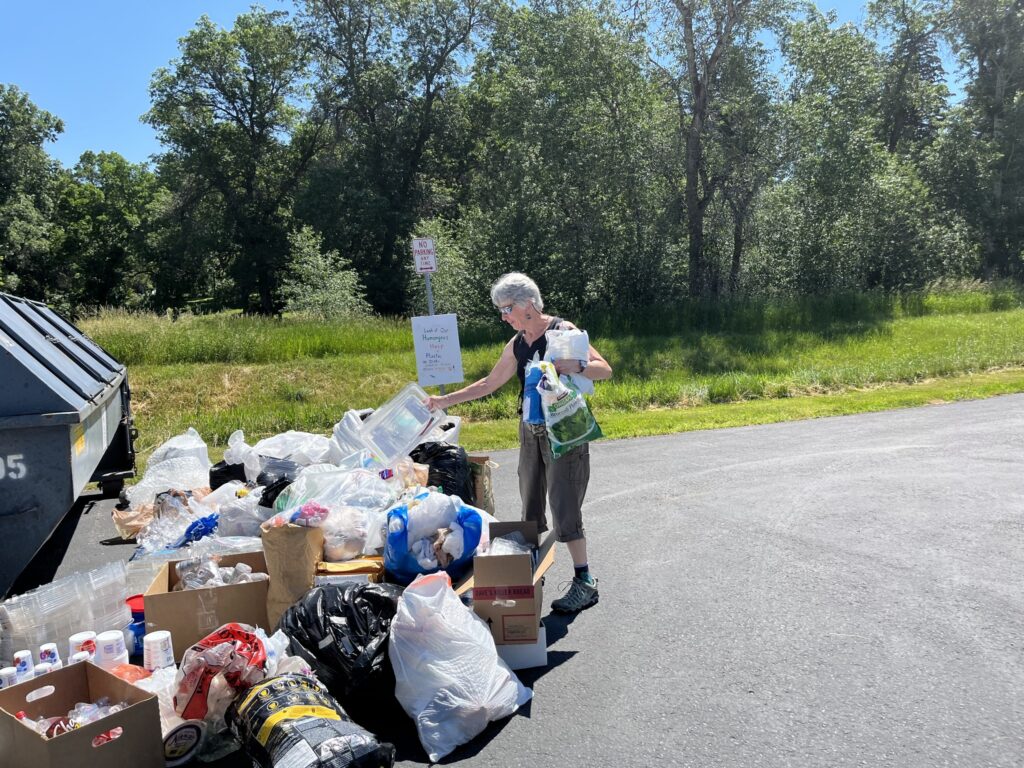
In partnership with IPEN, Beyond Plastic has initiated the “Beyond Petrochemicals” campaign, focusing on the contentious practice of chemical recycling—often touted as a cure-all by the plastics industry. This campaign exposes the environmental concerns associated with chemical recycling, challenging the notion of plastics as a universal solution. Beyond Plastic’s vision extends to cultivating future environmental leaders, empowering students through a comprehensive curriculum to advocate for reduced plastic use and environmental protection.
The group’s commitment extends to combating the growth of the plastics industry. They actively collaborate with local communities to prevent the establishment of new plastics processing plants and incinerators, thereby mitigating the industry’s environmental impact. Beyond Plastic’s efforts have sparked a global movement, galvanizing individuals, communities, and organizations worldwide in the fight against plastic pollution.
Judith Enk, Beyond Plastics’ president and former EPA regional administrator, critiques the inefficacy of both plastic and chemical recycling. She highlights the challenges in preserving, sorting, and purifying plastic waste due to its complex composition. The report she references exposes misleading marketing tactics in the plastics and fossil fuel industries, debunking the myth of chemical recycling as a novel or effective solution. It reveals that even if operational at full capacity, U.S. chemical recycling plants would process less than 1.3% of plastic waste.
Chemical recycling, as the report and Lee Bell, IPEN’s science policy advisor, assert, is a mere industry ploy. It distracts from the real solution to the plastic pollution crisis: reducing plastic production. The report emphasizes the need for a dramatic reduction in plastic production and the development of safer, non-toxic materials. It warns against falling for false industry promises and underscores the incompatibility of plastics with a circular economy.
A future free from plastic is a bold yet crucial goal. The complexity of the plastic problem is undeniable, but Beyond Plastic’s approach offers a ray of hope. By curtailing single-use plastics, fostering sustainable manufacturing, and advocating for a circular economy, we can lessen the environmental toll of plastic pollution. The collective effort of individuals, governments, and businesses is essential, but the rewards—a cleaner environment, a healthier ecosystem, and a sustainable future—are immeasurable.
The “Beyond Petrochemicals” campaign and its accompanying report challenge the efficacy of chemical recycling in resolving plastic pollution. They advocate for a sustainable, responsible approach that includes reducing plastic production and promoting safe, non-toxic alternatives. As the UN International Plastics Convention negotiations approach, it’s crucial for policymakers, industry leaders, and society to critically assess the role of chemical recycling in addressing plastic pollution challenges, steering clear of industry hyperbole and focusing on genuinely sustainable solutions.
